
Saga of a Sausage
What would you say if you saw your good friend from the synagogue - a respected an upright member of the community - walking down the street eating a pork sausage?

Cranstein and Silver are two Orthodox Jews from a well-known suburban Jewish neighborhood. They both work downtown, and frequently travel to work together. One such morning, as they exited the Metro express train, they were walking past one of Washington DC’s most popular African-American soul-food diners. And who do they see running out the door of the diner, with a half-eaten giant sausage-‘n-bun, wiping the South- Carolina-style gravy of his lips? It’s Bernie Gordon, from their shul!
Carolina-style gravy of his lips? It’s Bernie Gordon, from their shul!
Cranstein’s jaws are wide open in astonishment. “Bernie? I can’t believe it! He learns Daf Yomi[1] every day! His kids go to Yeshiva! His wife covers her hair! What, is he crazy? He’s a closet pork freak? What else does he do behind closed doors?”
“Hey, slow down, Cranstein,” Silver says, instinctively feeling embarrassed that a fellow Jew should be buying his breakfast from an establishment that advertises the best down-home chitterlings (chitluns, if you talk like a local) in the Western Hemisphere. “There must be some explanation. Bernie’s a good Jew, and according to the Chofetz Chaim, we must judge him fairly.”
“Fairly?” gasps Cranstein. “And maybe he came into town on a camel’s back down Connecticut Avenue this morning? What are you talking about, Silver? What’s to judge fairly? Are we from Walt Disney, that we should dream up fantasy stories?”
“Cranstein, don’t be so fast to shoot Bernie Gordon down. The Chofetz Chaim says that if you have a Sabbath-observant Jew, and he’s upright, even if he’s 99% guilty, you have to look for the 1% where he’s innocent. And, even if he’s not so pious, but he’s not evil either, you still have to judge him fairly and give him the benefit of the doubt.”
Cranstein wasn’t ready to concede the point: “What’s to judge fairly? That the owners Dee-Cee Diner became suddenly Orthodox converts and now serve glatt kosher? What do you do about the ham-and-cheese special sign over there in the window?”
“Nope,” said Silver. “The Chofetz Chaim had a holy spirit. If he said to judge people fairly – and it’s not him, but the Torah’s commandment – then we have to do it. The rabbi once said in a sermon that we get judged the same way we judge others.”
“C’mon, Silver. How do you make a living in international trading if you’re so naive.”
“Cranstein, I’m not going to bet you, but if Bernie Gordon is eating a pork sausage, I’ll bet it’s pikuach nefesh, to save his life.”
“My goodness, Silver! You are both naive and in fantasy land. How can a pork sausage save someone’s life?”
“Maybe he has a bleeding ulcer? If someone has an attack of a bleeding ulcer, he must eat something right away or else he’s in big danger.”
Cranstein exhaled a big breath of frustration. “If Gordon has a bleeding ulcer, I’ll give $100 to whatever charity you pick; fair enough, Silver?”
They quickened their pace and caught up to Gordon. He had just gobbled the last bite of sausage and bun. Silver apologized for meddling, but he told Gordon that he didn’t want to harbor any suspicious or derogatory thoughts about him, even in the slightest…
Bernie Gordon understood. “I hoped there wouldn’t be any desecration of Hashem’s name by me walking into a treif[2] diner, but I had a terrible attack of this bleeding ulcer I’ve recently developed. Dr. Goldberg, my internist, told me that I must eat as fast as possible, no matter what, no matter where – for me it’s pikuach nefesh!”
* * *
Were it not for Silver’s insistence to follow Halacha[3], how soon would the whole city hear that Bernie Gordon is a phony who violates Torah in the worst way? How soon would his name and reputation have been ruined? Maybe his children would be expelled from their Yeshivas. Certainly, they wouldn’t be able to find shidduchim[4] within the community. All because of people’s ignorance of the absolute obligation to judge other people fairly…
Based on the Rambam and the Chofetz Chaim, we must implement the Torah’s command of judging other people fairly as follows:
1. If the person has the reputation of being upright, we must always give him or her the benefit of the doubt and judge his actions positively, even when they appear totally negative.
2. If the person has the reputation of being deliberately wicked, we are not obligated to judge him fairly. Rebbe Nachman of Breslev still insists that we should look something good to say about this person.
3. If the person’s reputation is unknown, it is praiseworthy but not an absolute requirement to give him the benefit of the doubt.
And it’s true – Hashem judges us the same way we judge others. So let’s give the other person a break – we’ll be doing ourselves a big favor!





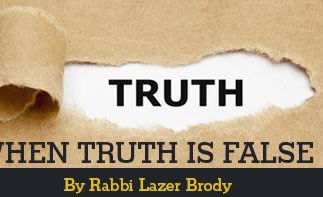
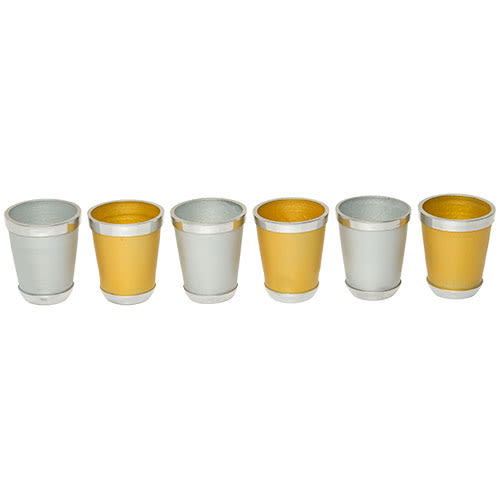
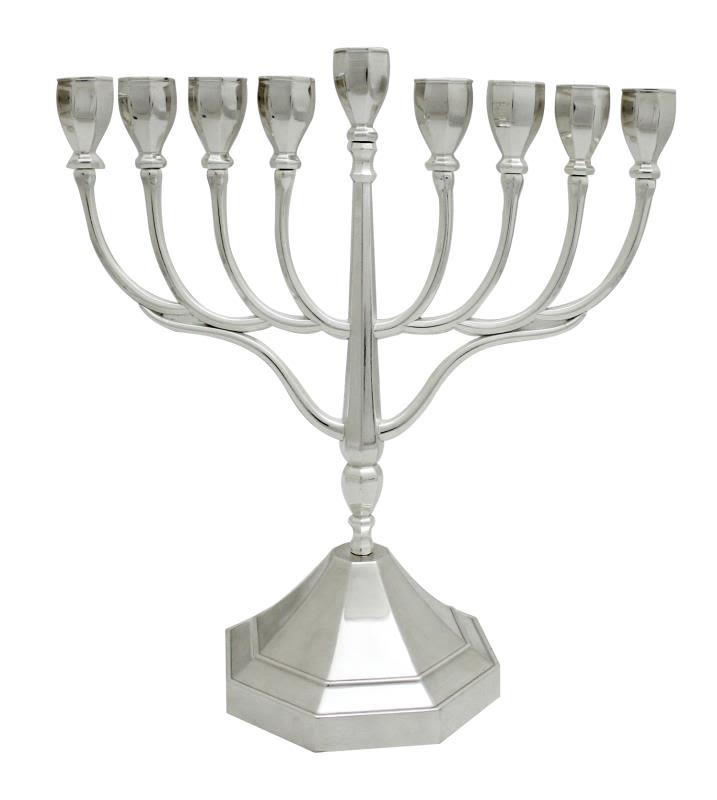
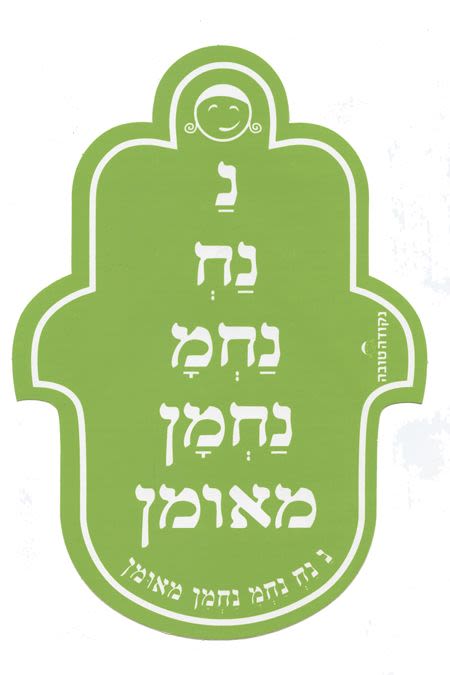

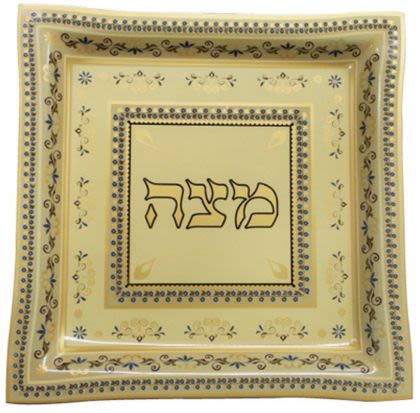

Tell us what you think!
Thank you for your comment!
It will be published after approval by the Editor.